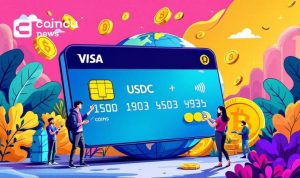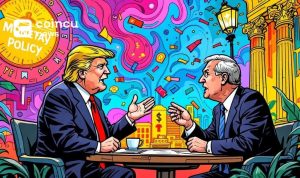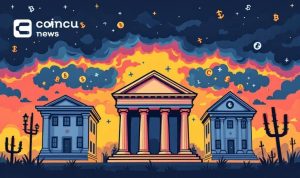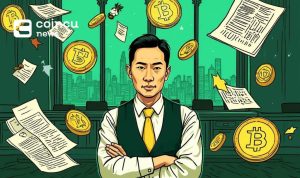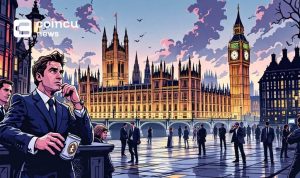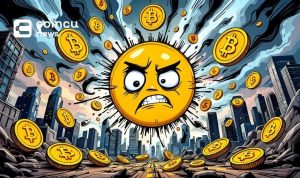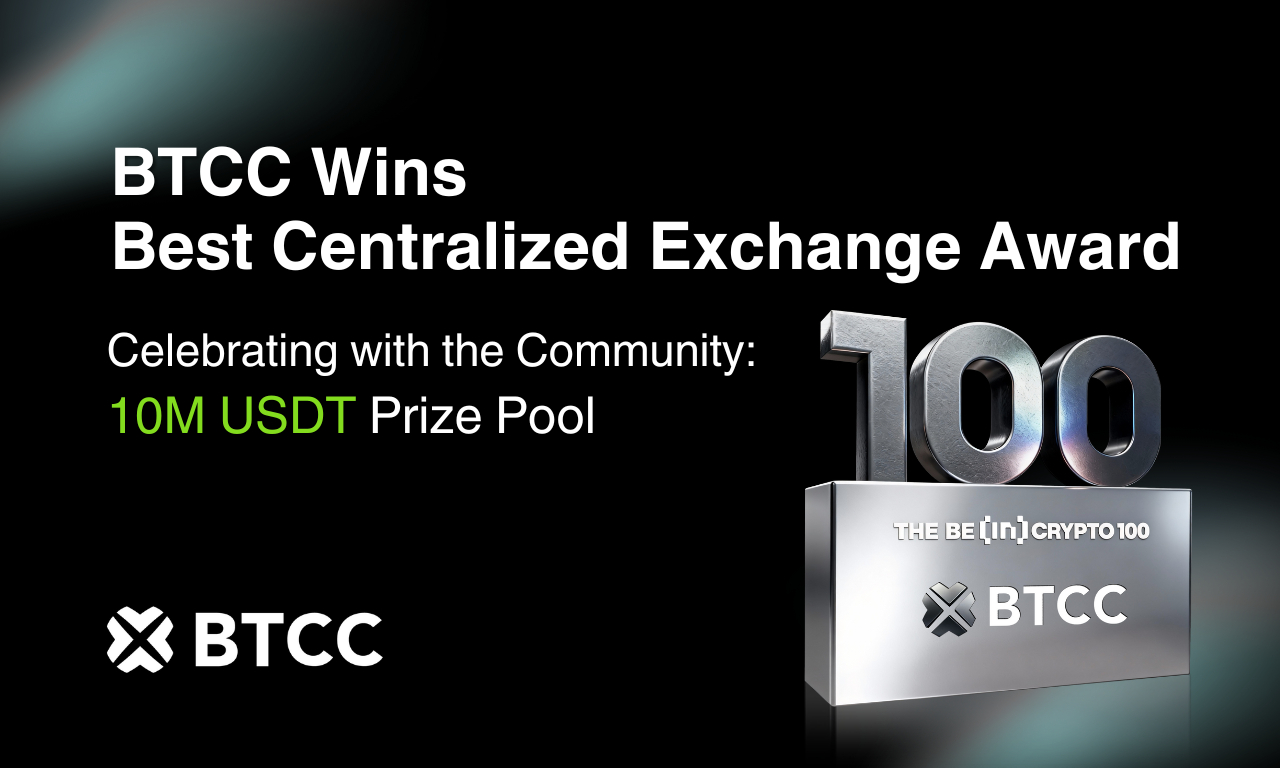Central bank digital currencies (CBDC) have been hailed by the International Monetary Fund (IMF) as a means of promoting financial inclusion, but there may be more sinister control and monitoring implications.
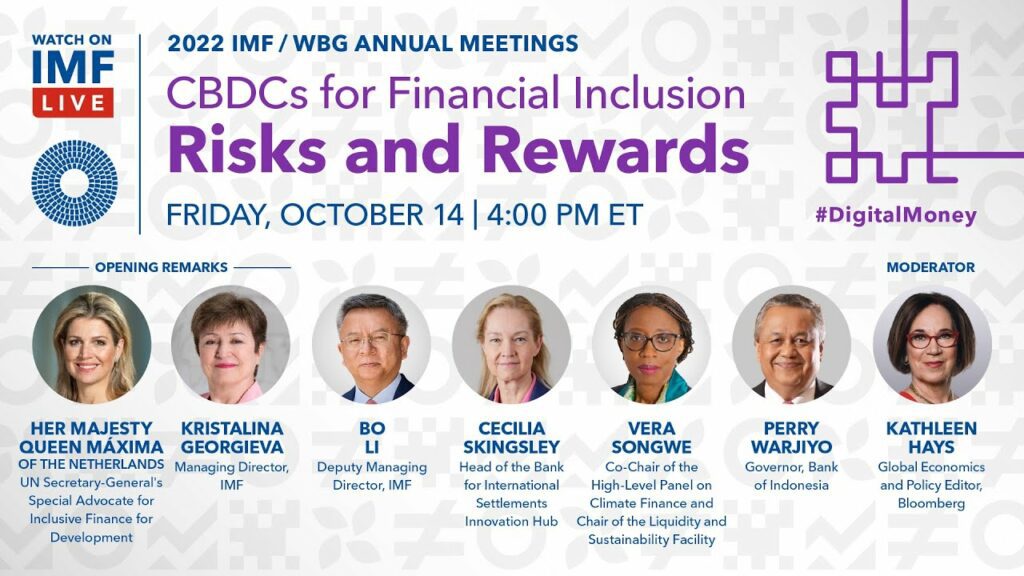
Deputy Managing Director Bo Li stated last week at the IMF-World Bank Annual Meeting that a CBDC might increase financial inclusion through programmability.
He went on to explain:
“A CBDC can allow government agencies and private sector players to program, to create smart contracts, to allow targeted policy functions.”
He proceeded to give a couple of examples, such as welfare payments, consumption coupons, and food stamps. Money can be programmed a targeted for one type of use, he stated.
“This potential programmability can help government agencies to precisely target their support to those people that need support” he added.
IMF-CBDC: A tool for financial monitoring?
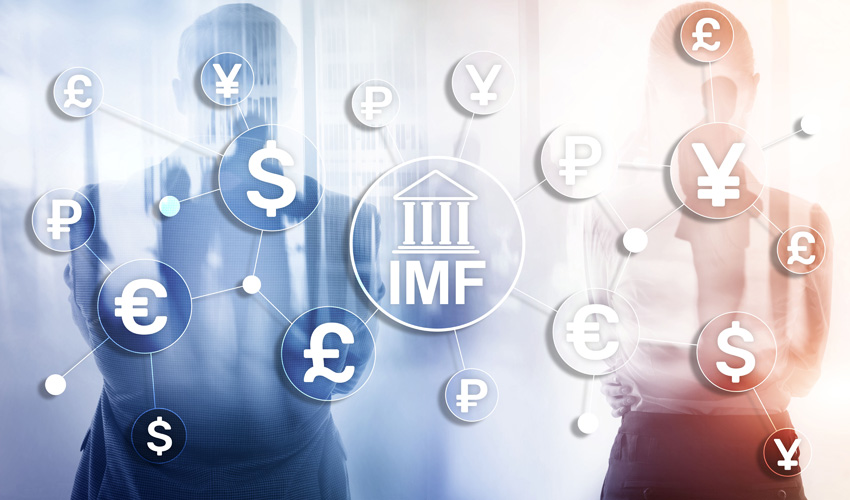
The conclusion drawn from these remarks is that governments will be able to program money to limit how much people can spend. Nick Anthony, a policy analyst at the Center for Monetary and Financial Alternatives of the Cato Institute, noted this on October 16.
Anthony wrote in a study he published earlier this year that “a CBDC would eliminate what little financial privacy there is still in the United States.”
Neel Kashkari, president of the Minneapolis Fed, has previously stated that although it makes sense for China to seek a CBDC as a monitoring tool, the United States would not want one.
Programmable finance raises the terrifying possibility of a dystopian future in which totalitarian governments and institutions regulate who can access money and who cannot, as well as what they may use it for.
Those who don’t fit the government’s requirements for access to its digital currency are likely to experience extreme situations of financial exclusion as a result. Unless the government has outlawed them, decentralized crypto assets are the only real examples of open and free finance that are available worldwide. The IMF disregarded cryptocurrency earlier this year as a risk to monetary safety.
DISCLAIMER: The Information on this website is provided as general market commentary and does not constitute investment advice. We encourage you to do your own research before investing.
Join us to keep track of news: https://linktr.ee/coincu
Website: coincu.com
Annie
CoinCu News








